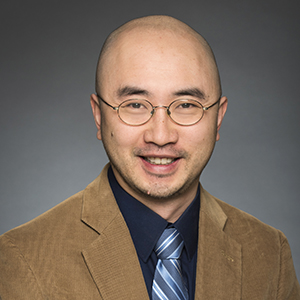Biography
Research Interests
Cancer remains a major public health challenge in Canada and around the world. The Canadian Cancer Society projects that 1 in 2 Canadians will develop cancer at some point in their lifetimes, and 1 in 4 will die from their cancer. Cancers most often result from permanents alterations in the genomic DNA (i.e., mutations), which can lead to uncontrolled cell growth and division. We are very interested in elucidating the molecular origins of mutations derived from DNA damage, with an eye toward understanding mutagenesis in cancers. We use a combination of wet lab and computational approaches to derive insights into these questions. We are also very interested in using cancer hypermutation as a genetic engineering tool in microbes, such as budding yeast. Currently, we are investigating the potential of using a cancer hypermutator enzyme called APOBEC3A as a means to generate more productive biofuel yeasts. Opportunities are available to pursue graduate studies in these and related topics.
For the most up to date information, including info relevant to prospective trainees, please browse the lab webpage (link above).
Selected Publications
- Alexandrov L, Kim J, Haradhvala NJ, Huang MN, Ng AWT, Boot A, et al. (2018) The Repertoire of Mutational Signatures in Human Cancer. bioRxiv. http://biorxiv.org/content/early/2018/05/15/322859.abstract
- The Cancer Genome Atlas Research Network. (2017) Integrated genomic and molecular characterization of cervical cancer. Nature. 543:378-84.
- Chan K, Roberts SA, Klimczak LJ, Sterling JF, Saini N, Malc EP, Kim Jaegil, Kwiatkowski DJ, Fargo DC, Mieczkowski PA, Getz G, and Gordenin DA. (2015) An APOBEC3A hypermutation signature is distinguishable from the signature of background mutagenesis by APOBEC3B in human cancers. Nature Genetics. 47(9):1067-72.
- Chan K, Sterling JF, Roberts SA, Bhagwat AS, Resnick MA, and Gordenin DA. (2012) Base Damage within Single-Strand DNA Underlies In Vivo Hypermutability Induced by a Ubiquitous Environmental Agent. PLOS Genetics. 8(12): e1003149.
- Chan K, Roth MB. (2008) Anoxia-induced suspended animation in budding yeast as an experimental paradigm for studying oxygen-regulated gene expression. Eukaryotic Cell. 7(10): 1795-808.
